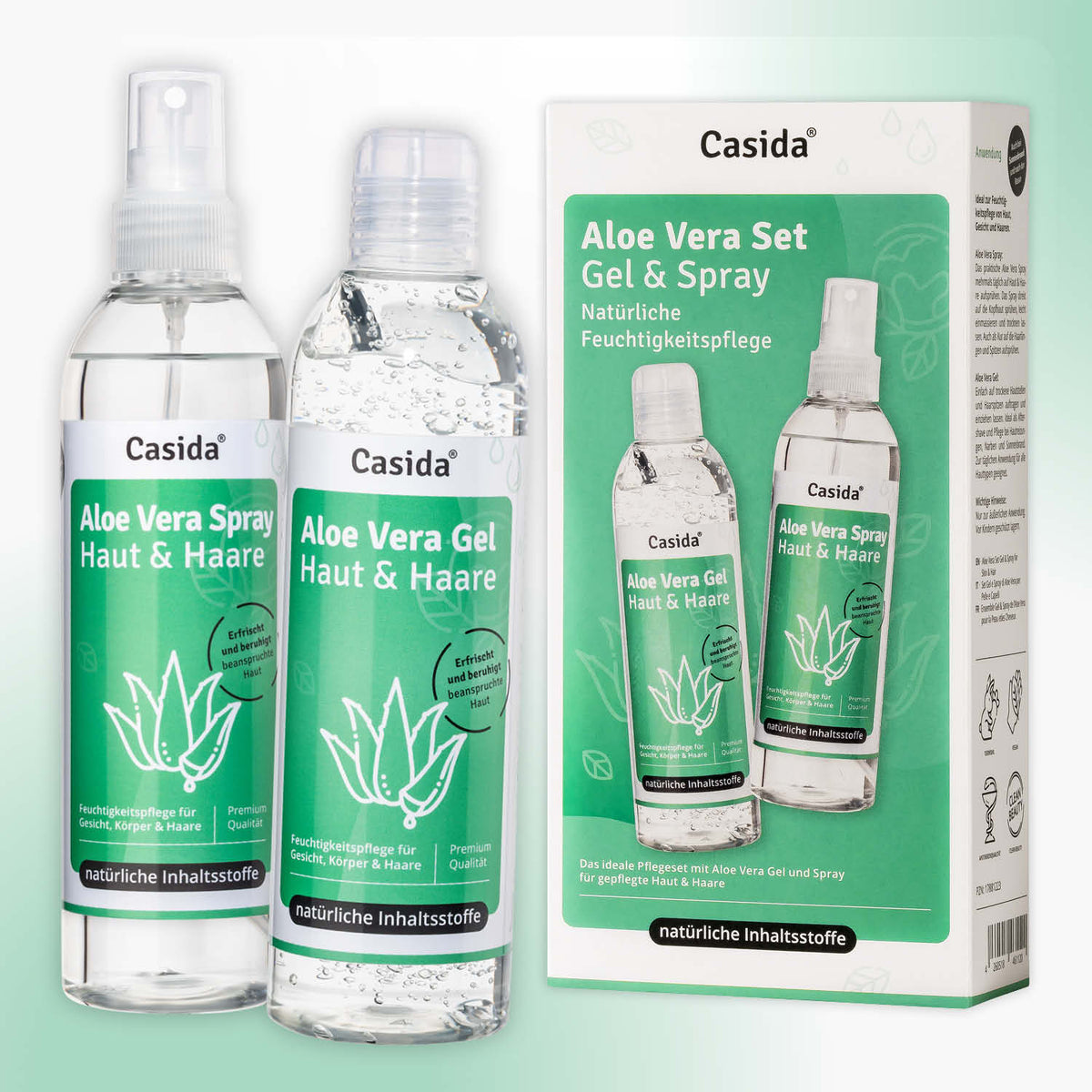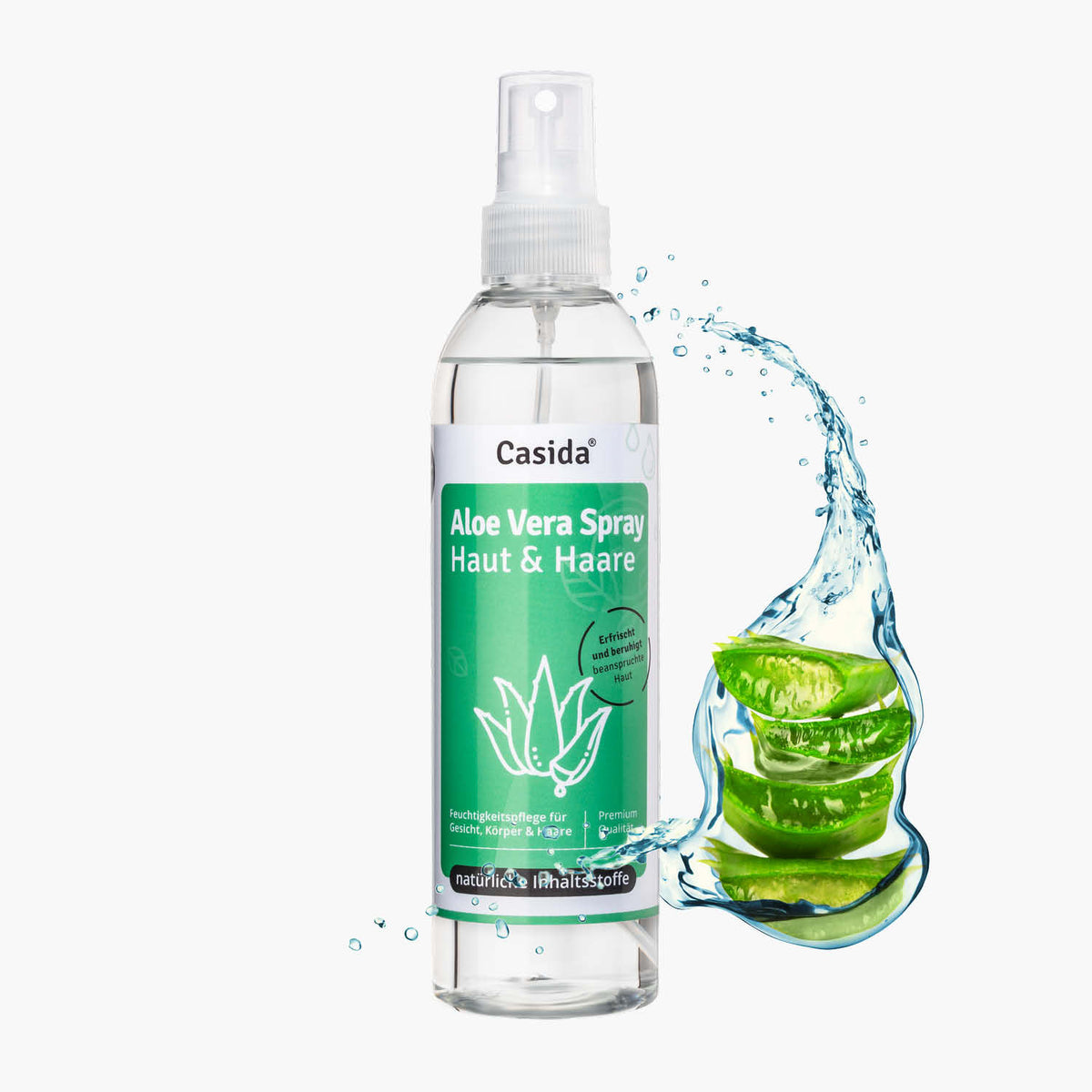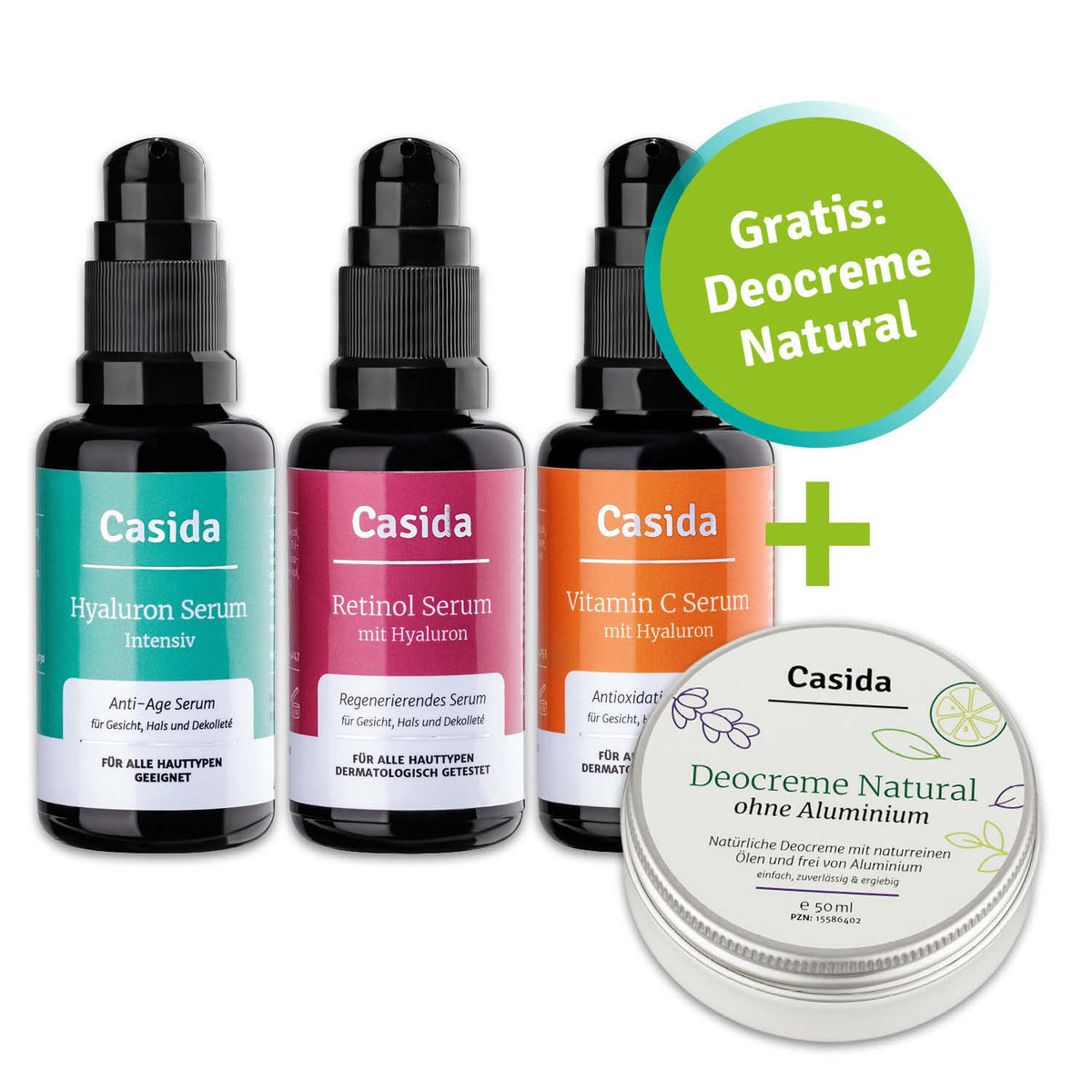In the cold season, colds are inevitable, as our immune system is severely challenged by the temperature fluctuations. If viruses are released by sneezing or coughing and carried through the air in tiny droplets, it usually doesn't take long before you catch it yourself. Here you can find out how you can best prevent a cold:
How can I strengthen my immune system & prevent colds?
An excellent immune system is the most effective defense against attacks from viruses, bacteria, spores and germs - like a natural health shield. There are many signs that your immune system needs help: Tiredness and fatigue, poor sleep, feeling unwell, regular mild indigestion, repeated susceptibility to colds and infections.
There is no patent remedy for strengthening the immune system. Under certain circumstances, targeted intestinal cleansing is advisable, as the immune system is heavily dependent on a functioning intestinal microbiota (intestinal flora). Our modern diet, medication intake, including antibiotics, which are prescribed too often, damage the intestinal flora and the body's own immune system. It is therefore advisable to take lactic acid bacteria, which strengthen the intestinal flora and the immune system, in addition to the prescribed antibiotics.
However, susceptibility to infections may also be caused by a lack of vitamins, minerals and trace elements. Read more about this in the section "Which nutrients can prevent a cold?"
Here are the most important things to prevent a cold and strengthen your immune system:
- Eat a healthy and varied diet. This also means: eat and drink as alkaline as possible. Our modern eating habits over-acidify the body and make it slaggy. Vegetables and fruit are particularly alkaline and also provide vitamins and nutrients in winter. You can find out more about alkaline nutrition in our guide"Alkalizing with pleasure"
- Exercise in the fresh air. We spend too much time sitting and indoors. Get out into nature even in winter. It doesn't have to be jogging or Nordic walking. Don't set yourself too high a hurdle. A walk is better than not going out at all.
- Keep an eye on your vitamin D levels. The sun vitamin is important for the immune system to function normally. However, the body needs sunlight to produce vitamin D. According to the German Society for Nutrition, 10 to 20 minutes of daily sun exposure would be necessary for good vitamin D production during the darker months of the year. As not everyone can achieve this in everyday life, around a third of Germans are deficient in vitamin D.1 You can have your vitamin D level measured by a doctor or do a self-test at home.
- Ensure a good indoor climate with sufficient humidity. The dry heating air in winter irritates our mucous membranes and makes them susceptible to germs and pathogens. Ventilate regularly and use modern humidifiers such as aroma diffusers. This allows you to simultaneously diffuse antiviral and antibacterial essential oils in the room, which reduce germs in the air and on surfaces.2 Read this guideto find out which essential oils have a particularly antiviral and antibacterial effect.
- Get enough sleep and relaxation for body and soul. Relaxation phases and fulfilling activities are often neglected in our current lifestyle. Take good care of yourself and start small by mindfully and consciously doing something you like. Don't forget: an optimistic attitude will strengthen you and your immune system.
- Wash your hands regularly and for a sufficient length of time
- Do not share towels with other people in the household
- Ventilate rooms several times a day
- Refresh mouth and nose masks with an antibacterial mask spray Click here for DIY instructions on how to make your own mask spray
- Coughing and sneezing into your elbows
- Rosehip and mallow tea provide additional vitamin C
- Thyme tea or an infusion of ribwort plantain help to loosen mucus and make it easier to cough up. If you have a phlegmy cough, milk and dairy products should be avoided.
- Elderflower and lime blossom tea promote perspiration.
- Inhaling chamomile vapor or salt water helps the runny nose to flow and clears the nose and sinuses. Daily use of a nasal douche has been proven to reduce the risk of catching a cold. If the sinuses are inflamed, inhalation with essential oils is recommended.
- Fever can also be combated naturally - with cold calf compresses. Simply place a cold sheet on your legs for ten minutes, then dry them well and wrap yourself up comfortably. Repeat this process every half hour and you will feel relief - without any chemicals or side effects.
- Antiviral effects have been demonstrated with leeks, garlic, shallots and kitchen onions. Studies by Vietnamese and Iranian universities suggest that these onion plants can fight viruses by making it more difficult for them to penetrate cells and prevent the virus from replicating.4
- Spices such as rosemary, thyme and ginger and, of course, traditionally used berries such as black elderberry and blackcurrant can also be expected to have an antiviral effect.







